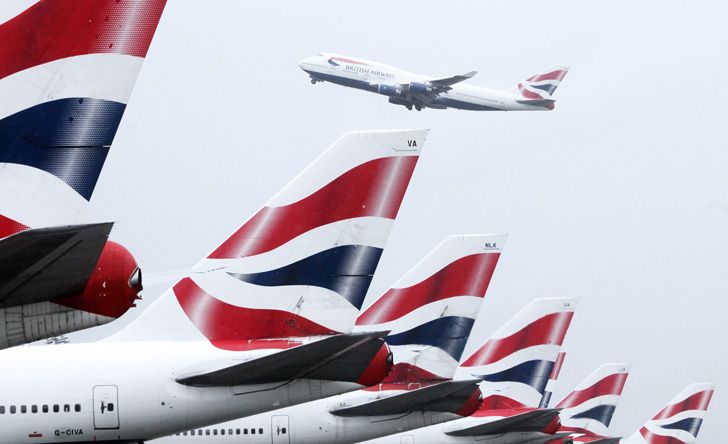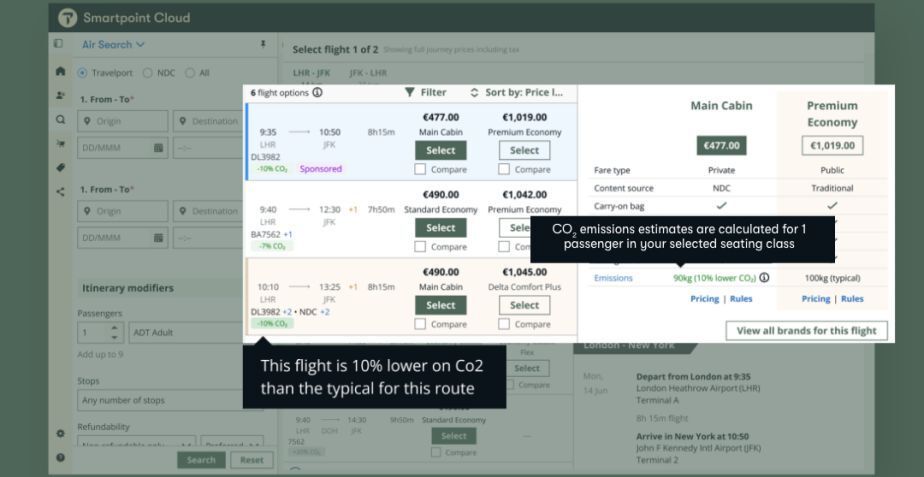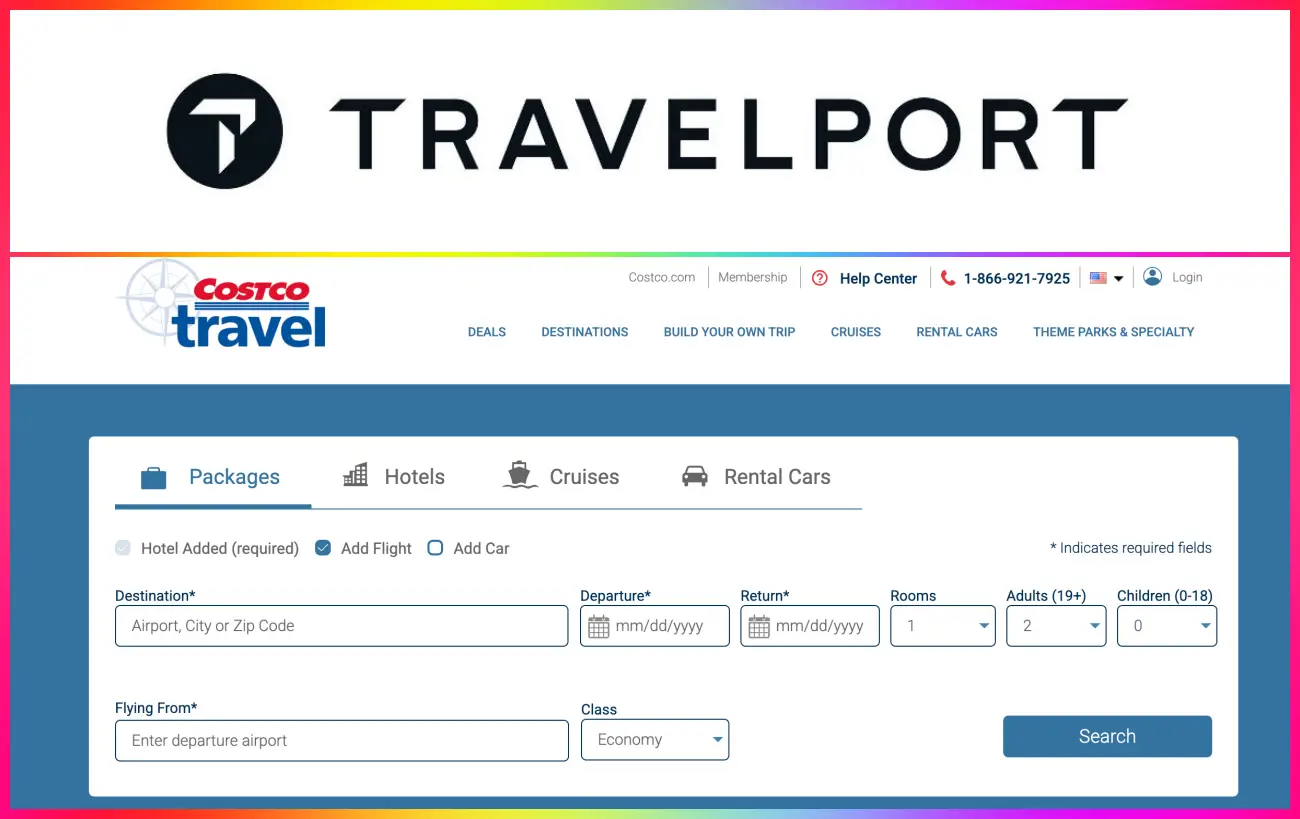A new study based on travelers in the US, UK, Australia, New Zealand, and India shows what the majority of travelers need in order to consider booking domestic and international trips.
The study reveals that travelers book only if airlines, airports, hotels, and car rental companies collectively implement ten different safety measures throughout their journey, including fully flexible or refundable flight tickets.
These are according to the results of new independent research released today by Travelport, a leading technology company serving the global travel industry.
The study found that at all parts of the travel journey, it is deemed critical to have social distancing rules, mandatory use of face masks, and ready access to sanitizing gel or wipes, face masks, and gloves. The study also revealed, however, that additional measures still need to be implemented by airlines, airports, hotels, and car rental companies to fully restore consumer confidence.
The table below captures the ten separate safety measures participants of the study said they need to know have been adopted by airports, airlines, hotels and car rental companies for those travelers to consider domestic and international travel. The percentage figures represent the number of travelers that said they will not travel unless the respective measure is in place.
| Airports | Airlines | Hotels | Car Rentals | ||
| 1 | Enhanced cleaning and/or disinfection | 71% | 73% | 72% | |
| 2 | Access to sanitizing gel/wipes, face masks and gloves | 69% | 61% | 70% | 66% |
| 3 | Social distancing | 68% | 66% | 66% | 64% |
| 4 | Temperature checks | 66% | 66% | ||
| 5 | Mandatory wearing of face masks | 64% | 64% | 64% | 61% |
| 6 | Fully flexible or refundable tickets | 64% | |||
| 7 | Improved air filtration | 62% | |||
| 8 | Contactless services | 58% | 58% | 55% | |
| 9 | Plexi-glass at check-in | 56% | |||
| 10 | Managed boarding by row | 56% |
N.B. Similar measures (e.g. enhanced cleaning and disinfection) have been grouped together for the purpose of this table.

Greg Webb, Chief Executive Officer at Travelport said, “Over the last few months, the travel industry has rolled out many initiatives to support a safe, healthy and responsible return for travel. This study highlights the criticality these measures are now playing in restoring traveler confidence. However, for the majority of travelers to return to the skies, the industry now needs to work together to not only ensure a wide array of safety measures are in place throughout the travel journey, but to collectively communicate these changes to travelers using a range of channels and merchandising technologies.”
On a country level, the study revealed demand for almost every safety measure is highest in India. Demand in New Zealand, while still high, tended to be the lowest across the five countries assessed. When it comes to age groups, demand for robust safety measures was again high across all categories, however, it was highest among baby boomers and lowest among millennials.
Derek Sadubin, Managing Director, CAPA – Centre for Aviation, added: “Health and safety is understandably front of mind for travelers right now. The travel industry recognizes and respects this and, what’s encouraging, is that many suppliers, such as airlines, have already implemented the safety measures travelers say they need to book a domestic or international trip – but we still have a long way to go. Collaboration and communication are now key to restoring traveler confidence and securing a strong and responsible industry recovery.”
The full results of both the quantitative and qualitative components of the research are captured in Travelport’s Guide to Travel Recovery report. These also reveal that travelers are more likely to book through a travel agent than before the COVID-19 crisis, with one third (33%) of all travelers anticipating an increase in their use of travel agent services. This trend was particularly evident among millennials2 (44%). Overall, the two thirds (65%) who claimed this, said it’s because they feel travel agents are best placed to provide them with the latest travel safety information.








